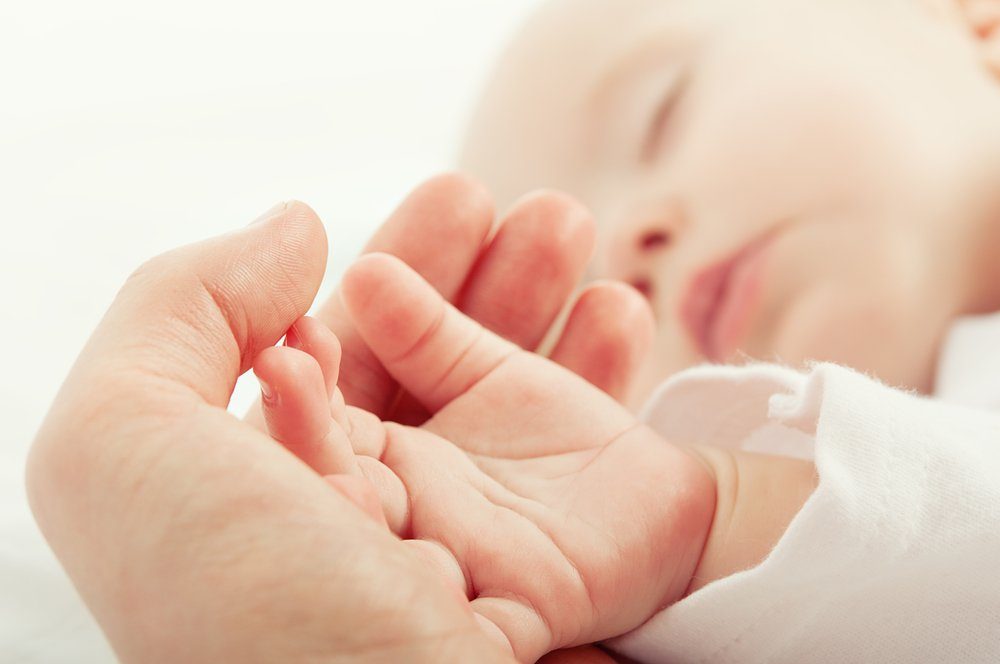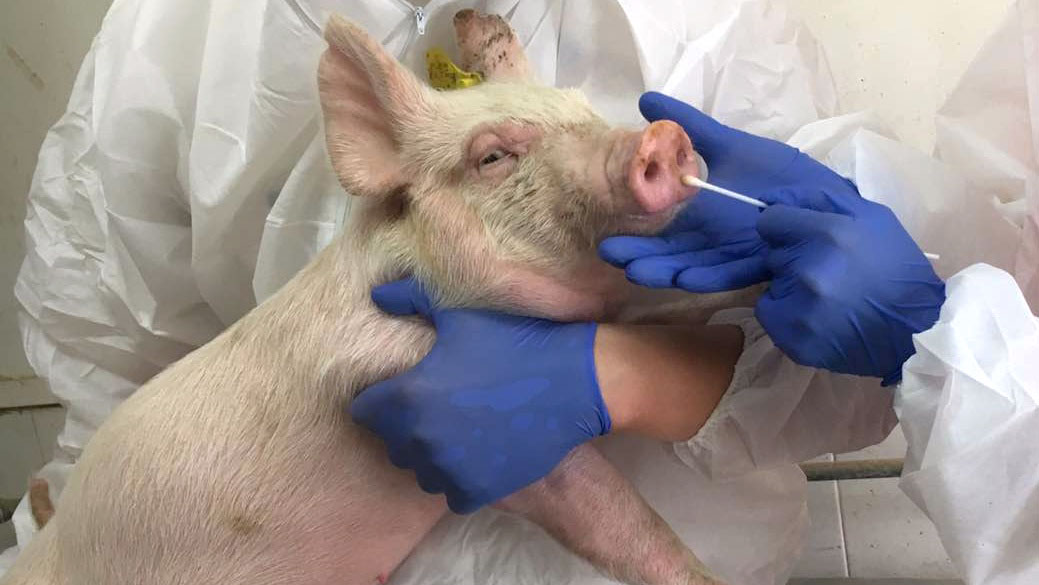The Unanticipated Substances
Without a doubt, organ transplants and blood transfusions are lifesavers. In the United Kingdom, approximately 4,600 individuals received organ transplants, and nearly 200,000 litres of blood were donated via transfusions in the past year.
Memory Transmission
However, some scientists are now beginning to wonder if an unanticipated substance could be transmitted concurrently with the organ or transfusion.
Personality Changes and Taste Preferences
Individual cells contain memories of harmful disease features, and cells transmit human memory (preferences and character traits).
Organ transplant recipients have experienced rapid personality changes and new appetites. A 47-year-old American woman craved beer and fried chicken after receiving a lung transplant from an 18-year-old.

Scientific Studies and Theories
Some scientists currently believe that blood transfusions also have this effect.
A significant study, published last month at the Karolinska Institute in Sweden, posits that a potential factor contributing to spontaneous brain haemorrhage may be the transmission of the disease through blood transfusions.
According to the study, which was published in the Journal of the American Medical Association, individuals who had received blood from donors who subsequently experienced recurrent cerebral haemorrhages were more than twice as likely to experience one themselves.
The researchers utilized a Swedish-Danish database containing information on donors and patients receiving a transfusion since the 1970s. Over one million patients were accounted for.
According to the findings, certain factors that can cause spontaneous cerebral haemorrhages may be transmitted via blood transfusion. Only 0.1% of donors in the research had recurrent brain haemorrhages.
Associate professor of epidemiology and one of the researchers, Gustaf Edgren, stated, “Since adverse effects of blood transfusions are relatively common, they constitute a significant public health concern.”
“However, the risk of developing a cerebral haemorrhage due to a substance transmitted via transfusion is extremely low.”
However, why is it even occurring?
Presently, the researchers intend to analyze samples obtained from the Danish Blood Donor Study biobank in an effort to detect aberrant proteins that may be linked to the disease and cause blood vessel damage.
Some scientists, however, have speculated that personality traits may be transferred from donor to recipient via the blood transfusion procedure. Others, however, have a more nuanced explanation for this phenomenon.
Five years ago, Geneva University found that half of blood transfusion patients reported changes in their values and behaviour.
Three of seven orthopaedic surgery patients who got blood transfusions (hip replacements) developed personality abnormalities. One individual reported experiencing increased sleep and dreaming compared to his previous state, while another expressed concern over an altered sense of taste, saying, “I hope the donor’s blood does not take over.”
The third patient reported feeling stronger and more cheerful following the transfusion.
The authors reached the following conclusion: “It is crucial that physicians have a better understanding of the frequency and significance of these perceived changes, as they may be required to include this information when obtaining consent for transfusions.”
Research on Cellular Memory
Although such notions may be disregarded, researchers in the emerging field of cellular memory assert that personality transfer following an organ transplant or blood transfusion is not a figment of the imagination. Dr. Mitchell Liester, an assistant clinical professor of psychiatry at Colorado University, proposed in a 2019 article in the journal Medical Hypotheses that “memories from the donor’s life are stored in the cells of the donated heart and subsequently ‘remembered’ by the recipient after a heart transplant.”
Scientists reported five years ago that they had accomplished the seemingly impossible task of transplanting memories from one mollusk to another through the process of tissue transplantation. The researchers administered low-intensity electrical discharges to the appendages of Aplysia californica, a marine mollusk species. These factors heightened the snails’ defensive withdrawal reflex, in which they contract to defend themselves.
The startled snails developed the ability to avoid the stimulus. When their tails were shocked, those who had received the shocks contracted defensively for fifty seconds. While those who had not contracted for only one second. However, fifty seconds after receiving transplants from the stunned snails, the unshocked snails contracted when electrocuted.
Co-author and biology professor at the University of California, Los Angeles, David Glanzman, described the outcome as “transferring the memory.”
He explained in the journal eNeuro that the transplanted cells contained genetic information in the form of RNA. Which is involved in a variety of functions, including the activation or inactivation of genes.
Presently, alternative scientific perspectives posit that memories might be encoded as chemical codes within the proteins encircling our DNA.
However, it remains to be seen whether this actually signifies that memories are conveyed via organ transplants or blood transfusions.





